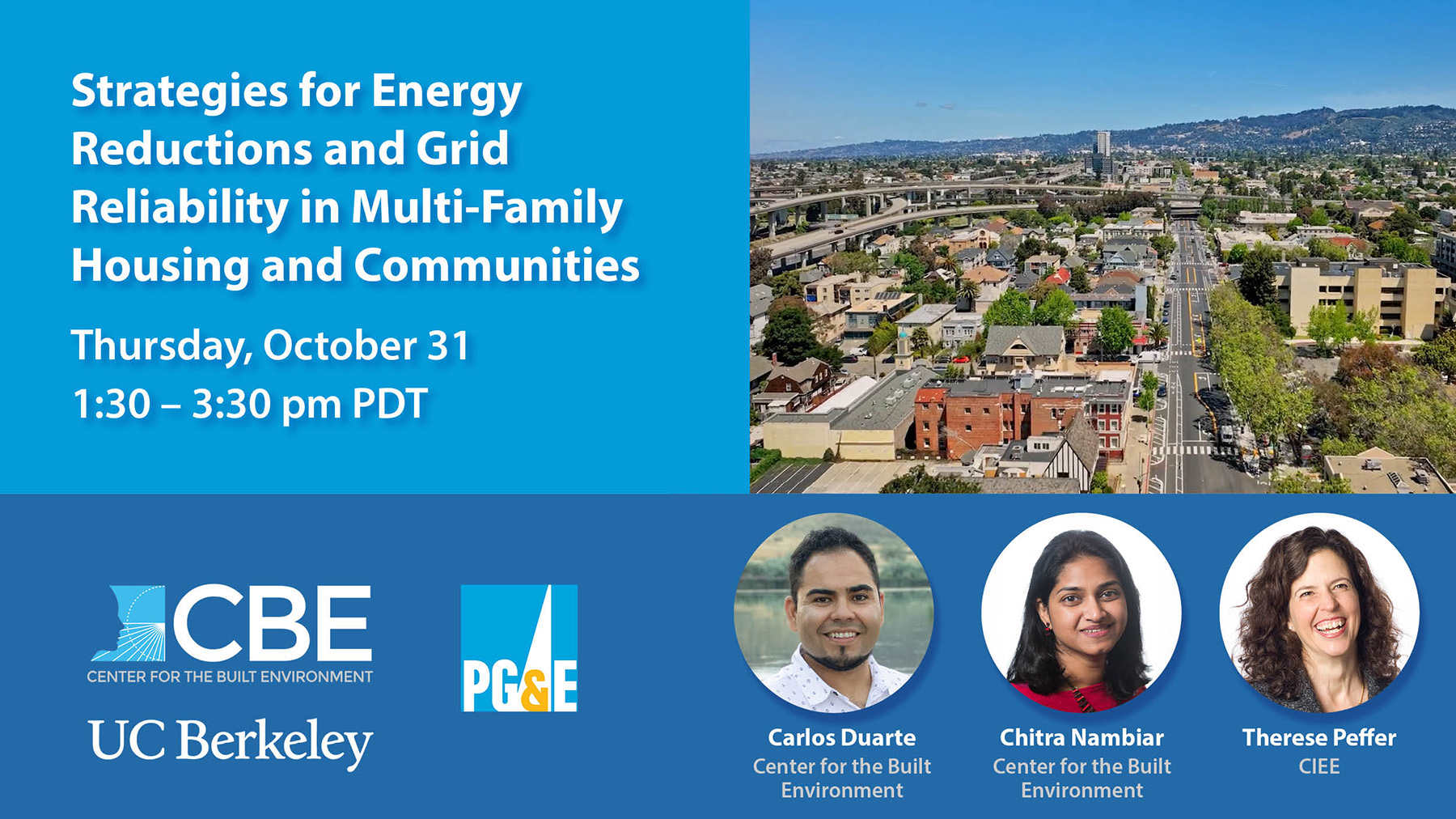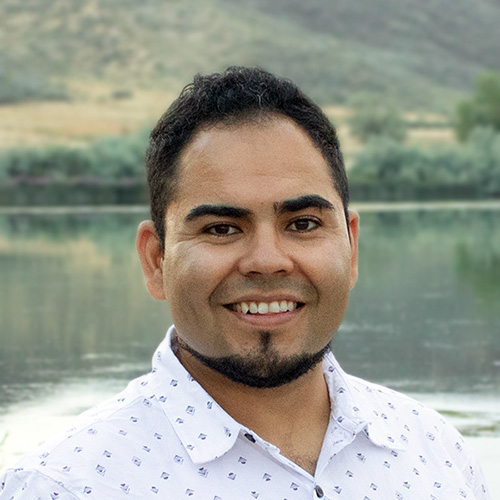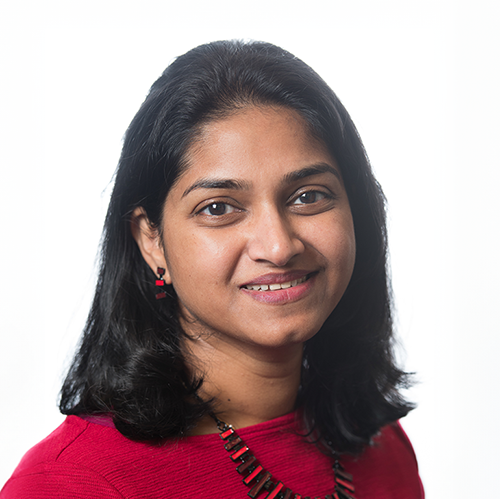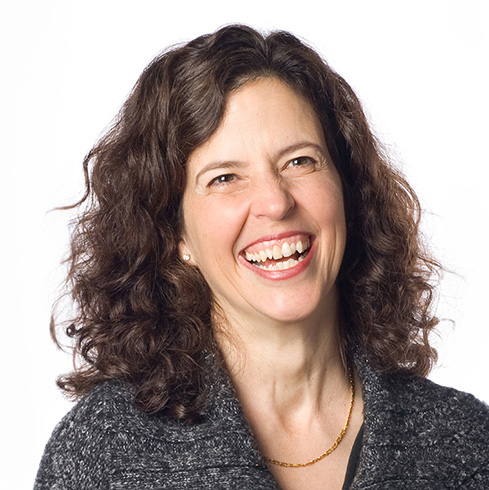
October 31, 2024 1:30 - 3:30 pm PDT
The residential building sector holds great opportunities for saving billions of dollars in homeowners’ utility bills and reducing greenhouse gas emissions with implementation of innovative sustainability measures. This session explored cutting-edge approaches to improving energy efficiency and grid reliability as well as other sustainability measures under development by UC Berkeley researchers. A panel of experts presented case studies illustrating strategies for retrofitting urban environments with resource-efficient technologies, leveraging residential demand flexibility, and new prototypes that enable affordable mixed-use buildings to meet ambitious energy goals.
Therese Peffer presented the Oakland EcoBlock, a pilot project planning to retrofit a full urban block with resource-efficient and electrified infrastructure. This initiative is envisioned to provide a model for scalable and affordable access to solar energy, energy- and water-efficient upgrades, while also reducing greenhouse gas emissions and improving grid reliability. The project addresses numerous social, legal, financial and technological challenges to demonstrate the feasibility of the retrofits, and will explore the possibility of including of a community microgrid.
Chitra Nambiar presented a recently published study that examined residential demand flexibility (DF) as a strategy to enhance grid reliability and support renewable energy. By analyzing field studies from rural Alaska and California’s Central Valley this work highlights how household variability impacts DF program effectiveness. The presentation also describes the use of measurement equipment borrowed from the PG&E Tool Lending Library.
Finally, Carlos Duarte presented a series of comprehensive energy simulations and optimizations conducted for a design competition that focused on developing affordable mixed-use buildings that meet stringent energy and emissions goals. This work focused on reducing HVAC loads and optimizing for photovoltaic and energy storage impacts. Key takeaways include the importance of envelope measures, grid charging and the challenges of meeting critical loads.
Speakers and Presentations
-

Carlos Duarte
Assistant Professional Researcher, Center for the Built Environment, UC Berkeley
Presentation: Affordable Mixed-Use Development in a Carbon-Constrained Future
Carlos Duarte, PhD, is an assistant professional researcher at the Center for the Built Environment (CBE) at UC Berkeley. His research interest includes radiant heating and cooling, occupant behavior impact on building energy consumption, and the development of tools that help various building stakeholders. He is currently working on a project aimed to standardize semantic descriptions of equipment, control points, and locations along their relationships to make it easier to extract actionable information from the wealth of data that buildings’ systems produce. He recently contributed to a project aimed to reduce natural gas consumption in commercial building heating systems. Carlos holds a PhD in Architecture from the BSTS program at UC Berkeley, and BS and MS degrees in Mechanical Engineering from the University of Idaho. During his MS studies, he worked for the Integrated Design Lab in Boise, Idaho, on projects that ranged from measurement and verification, development of calibrated whole-building energy models from existing buildings, and residential and commercial field studies.
-

Chitra Nambiar
PhD Candidate in Building Science, Technology and Sustainability, UC Berkeley
Presentation: Enhancing Participation in Residential Demand Response: Insights from Case Studies Conducted in Alaska and California
Chitra Nambiar is a PhD candidate in the Department of Architecture’s Building Science, Technology and Sustainability program at UC Berkeley. She holds a MS in Sustainable Architecture from the New Jersey Institute of Technology and a Bachelor’s degree in Architecture from the University of Kerala, India. She is also a researcher at the Pacific Northwest National Laboratory and is a technical contributor to the U.S. Department of Energy’s Building Energy Codes Program. She previously worked at Noresco, contributing to the research and development of Title-24, California Building Energy Standards. Her expertise includes building science, physics-based large-scale simulation, and analytical methods to analyze the impact of scaling building technologies at national and state levels. She conducts research on the synergistic relationship between occupants and building systems in reducing building carbon footprint.
-

Therese Peffer
Program Director, California Institute for Energy and Environment, UC Berkeley
Presentation: Oakland EcoBlock: A Neighborhood Energy Retrofit
Therese Peffer, PhD, is a project manager and researcher at the California Institute for Energy and Environment (CIEE) within the Center for Information Technology Research in the Interest of Society (CITRIS) at the University of California, Berkeley. Therese manages and conducts research in smart building technologies, building-to-grid, demand response, demand flexibility, and smart grid research projects with the objective of creating comfortable and energy efficient livable spaces. She serves as an Associate Director for CIEE and for the CITRIS Climate initiative and is the co-Chair of the annual Behavior Energy and Climate Change conference. She is currently managing the Energy Commission funded EcoBlock and large commercial decarbonization projects as well as the Department. of Energy-funded Brick project. Previous research includes energy consumption displays, thermostats, consumer behavior, and user interface usability research. Therese completed a PhD in Architecture with an emphasis on building science at UC Berkeley. As an architect, she worked in San Francisco and Pismo Beach, CA. Therese earned a master’s degree in architecture at the University of Oregon. She lived on a solar and wind-powered homestead while working for Home Power magazine.
Continuing Education
At the conclusion of this course, participants will be able to:
- Describe methods for electrifying homes in an urban setting.
- Demonstrate familiarity with the concept of residential demand flexibility.
- Give examples of tools available at the PG&E Tool Lending Library and discuss their applicability for measuring building performance.
- Explain considerations for optimizing energy use in multi-family residential buildings.
Organizers

